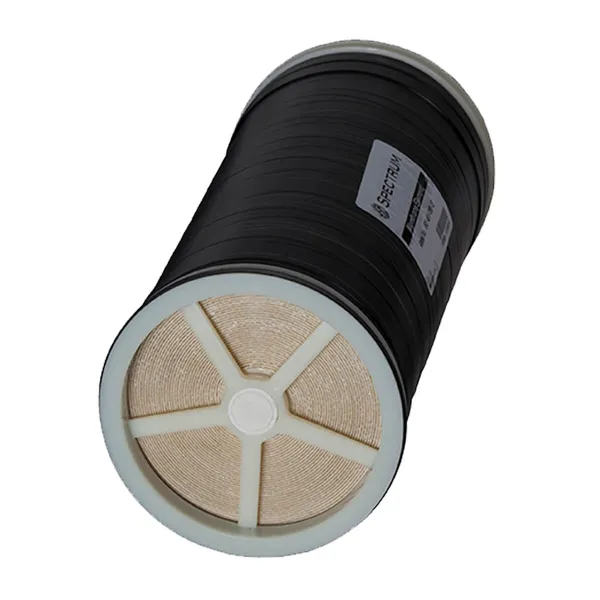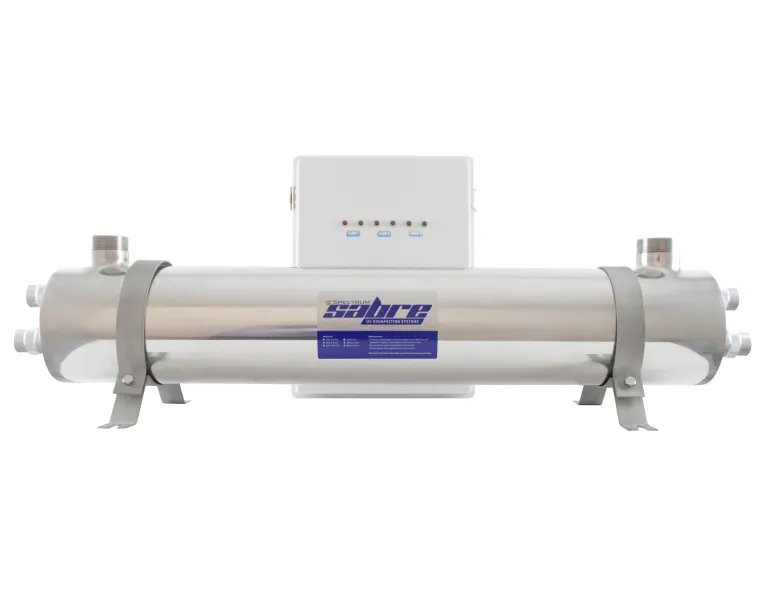Water treatment is an essential process that impacts aspects of our daily lives, in a residential and industrial setting. However, there are some common misconceptions that cloud the importance of this practice. Separating fact from fiction is important to understand the accurate information in this field.
If you’re interested in finding out more about the different types of water treatment, you can visit our blog post here.
“Tap Water Doesn’t Require Treatment”
It is widely believed in the UK that tap water is safe and doesn’t need any additional treatment. However, the reality is that while public water supplies undergo treatment before reaching homes, certain contaminants may still be present, or it may have picked up new ones on the way.
It is essential for households and businesses to consider additional filtration methods to ensure optimal water quality.
“Boiling Water Makes It Completely Safe to Drink”
Boiling water is a common method used to ‘purify’ it, yet it doesn’t guarantee complete elimination of all contaminants. While boiling can effectively kill bacteria and parasites, it may not remove certain chemicals, heavy metals, or other harmful substances.
Installing water treatment solutions, such as filtration and purification systems, can help protect you against a broader range of contaminants.
“Bottled Water is Always Safer Than Tap Water”
In the UK, the standards for bottled water are regulated by the Food Standards Agency (FSA) and the Drinking Water Inspectorate (DWI). Both of these agencies ensure that water bottled is safe to drink and meets the necessary quality and safety standards. However, it is important to note that some brands may not follow these standards strictly, which leads to variations in the quality of bottled water in the market.
Additionally, the environmental impact of plastic waste from bottled water highlights the importance of investing in a long-term water treatment solution instead.
“Water Treatment is an Unnecessary Expense for Businesses”
Some businesses may think water treatment is an unnecessary cost. However, overlooking the significance of water treatment can lead to long-term consequences, including operational challenges, additional costs, and potential legal action.
Implementing effective water treatment solutions not only ensures compliance with regulatory standards but also enhances the overall efficiency and sustainability of industrial processes, leading to long-term cost savings and improved environmental responsibility.
Conclusion:
Misinformation can hinder understanding and decision-making, potentially compromising the safety and quality of the water you consume. By debunking these misconceptions, we can help you make informed decisions in the world of water treatment, and help keep you and the public safe from any contamination that may occur.





















